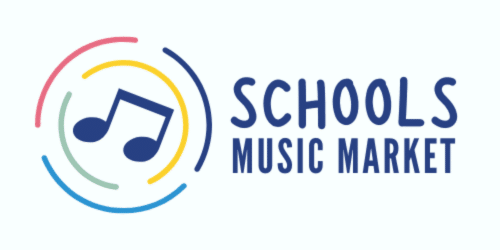The discussion around whether every student should learn to read music as part of their school curriculum is multifaceted, intertwining educational philosophy, resource management, and the cultural significance of music. In our rapidly evolving digital and visually-oriented world, it’s critical to reassess the role of musical literacy within the wider spectrum of education. This article delves into the various arguments supporting and opposing the idea of making music reading a universal subject in schools, incorporating the key thought “should children learn to read music” throughout the discussion.
The Argument for: Should children learn to read music universally
- Music as a Universal Language: Advocates for teaching every child to learn to read music liken it to language literacy. They argue that just as reading and writing language opens up a world of communication and literature, learning to read music offers a gateway to the extensive and diverse history of music. The point here isn’t to produce professional musicians, just as we don’t expect all students to become authors, but to provide a basic literacy in another form of expression.
- Cognitive and Academic Advantages: Research shows that learning to read music can enhance cognitive skills like spatial reasoning, critical thinking, and analytical abilities. Integrating music literacy into school curriculums can thus bolster these skills and lay a solid foundation for those who might pursue music more seriously later on.
- Cultural Connection: Being able to read music can serve as a key to unlocking and understanding different cultural heritages. Music, a vital component of cultural history, becomes more accessible and appreciable through its written form.
- Equality in Education: Universal music literacy in schools addresses the issue of access. Music education, often limited to those who can afford private lessons, becomes accessible to all, thereby promoting educational equity.
The Argument Challenging: Should children learn to read music universally
- Resource Considerations: Critics highlight the practical issue of limited resources in schools. With budget constraints, prioritizing funds for music literacy over other critical areas like basic literacy, numeracy, and STEM subjects is a contentious point.
- Relevance in the Digital Age: The relevance of traditional music literacy is questioned in our digital era. With user-friendly music apps and software enabling music composition and understanding without traditional reading skills, some educators view the conventional approach as potentially obsolete.
- Varied Learning Styles: Not all students learn the same way. For some, learning to read music can be challenging and disheartening, possibly leading to a disinterest in music overall. A more engaging and enjoyable approach to music education might be more effective than focusing on the technicalities of reading music.
- Industry Trends: The modern music industry often sees successful artists and producers who lack formal training in music literacy, raising questions about its necessity for a music career.
Striking a Balance in Music Education
The core of the debate is not about the importance of music in education but about the specific role of whether or not children should learn to read music universally. A balanced approach might be the solution. A diverse music program including music reading, performance, improvisation, and contemporary music production could offer a more inclusive and holistic music education.
Conclusion: Crafting a Comprehensive Educational Symphony
Deciding whether every child should learn to read music in schools should be based on broader educational objectives, cultural values, and the overall developmental needs of students. In an ideal educational ‘symphony’, every aspect has its place, with music literacy playing a significant but not exclusive role. While the necessity of making it a compulsory subject is debatable and might vary across different educational contexts, the importance of music in fostering well-rounded, culturally aware, and intellectually developed students is clear and undeniable.
For resources to support your music classroom click here to browse the full list.



